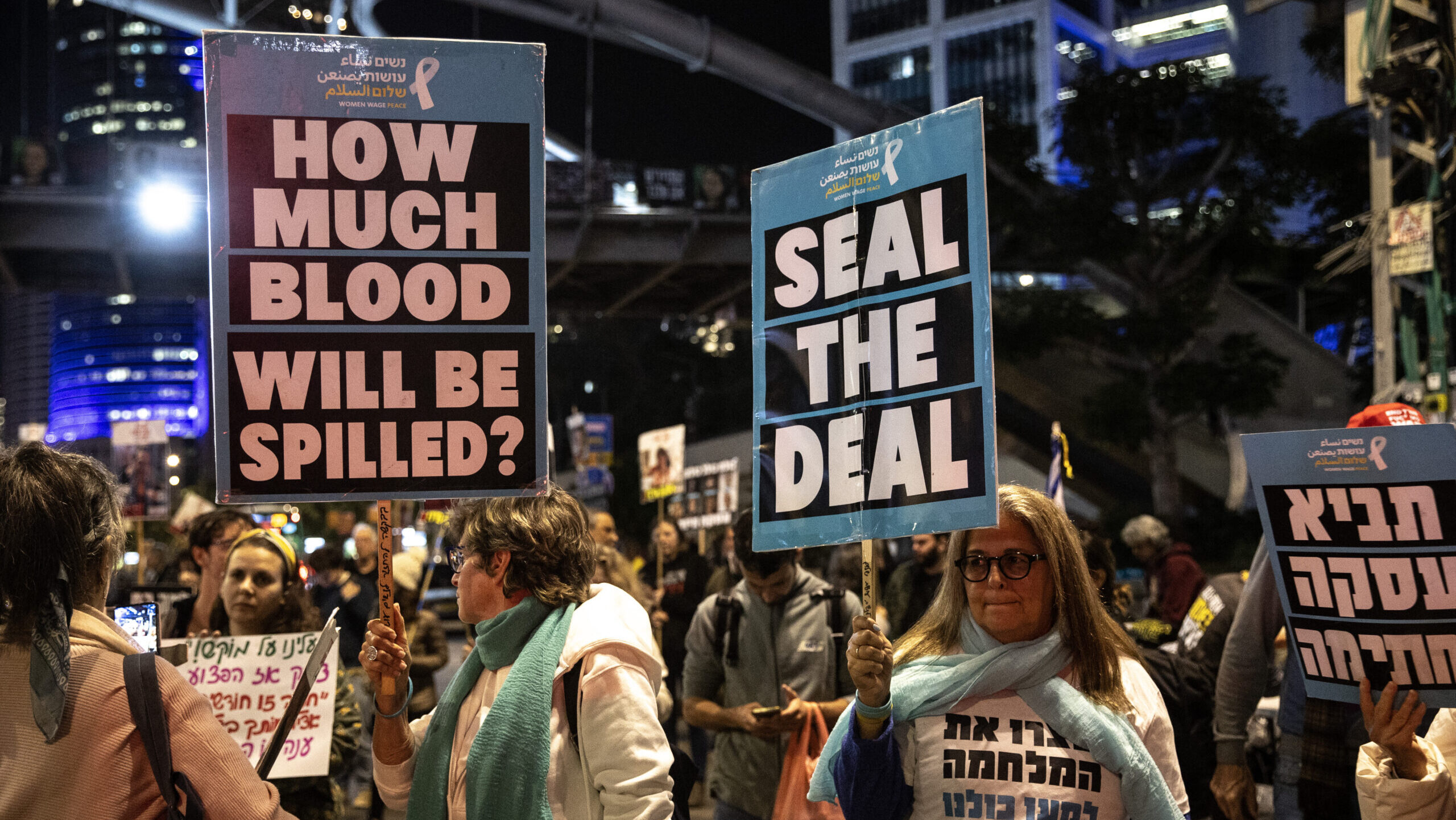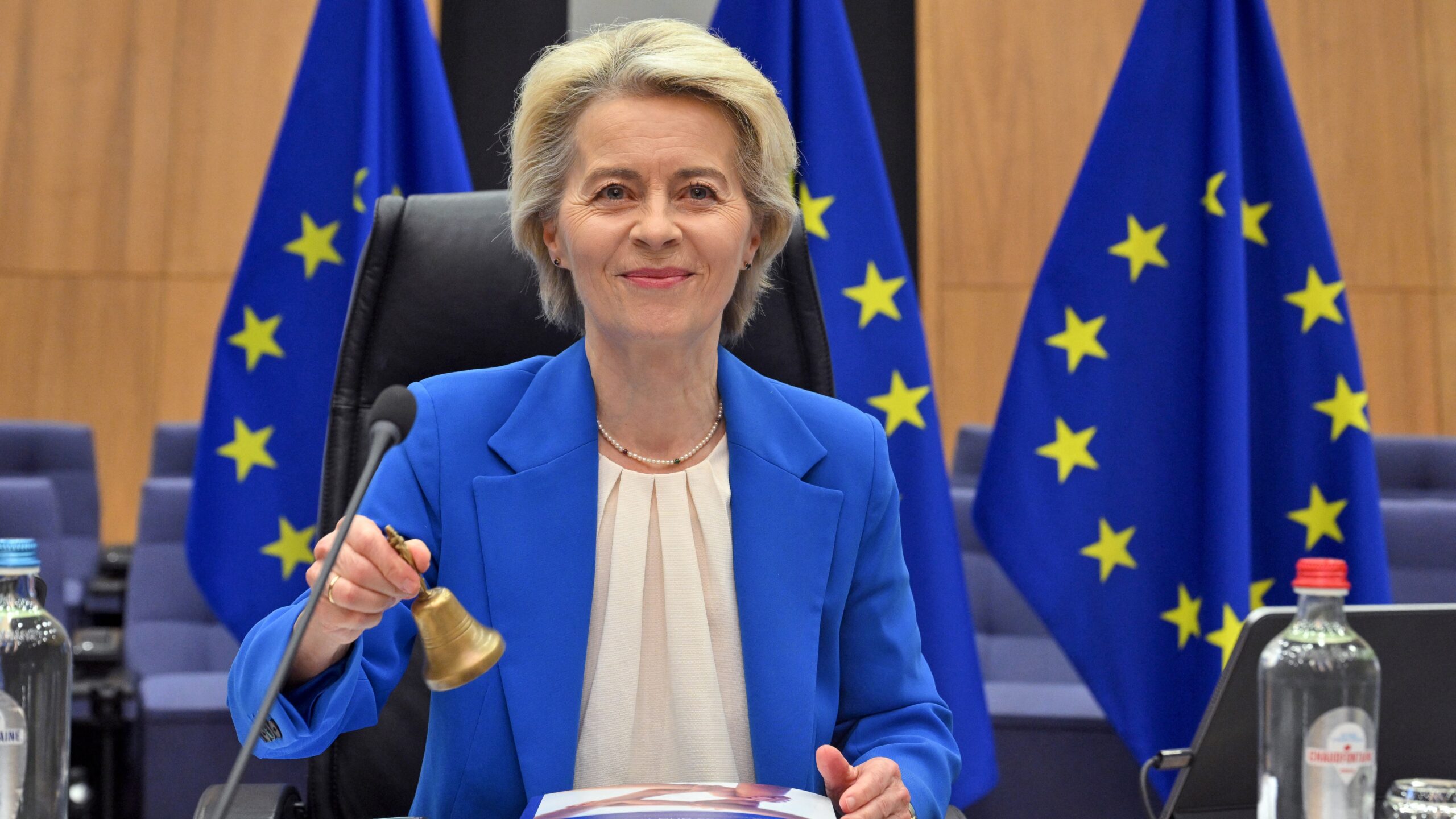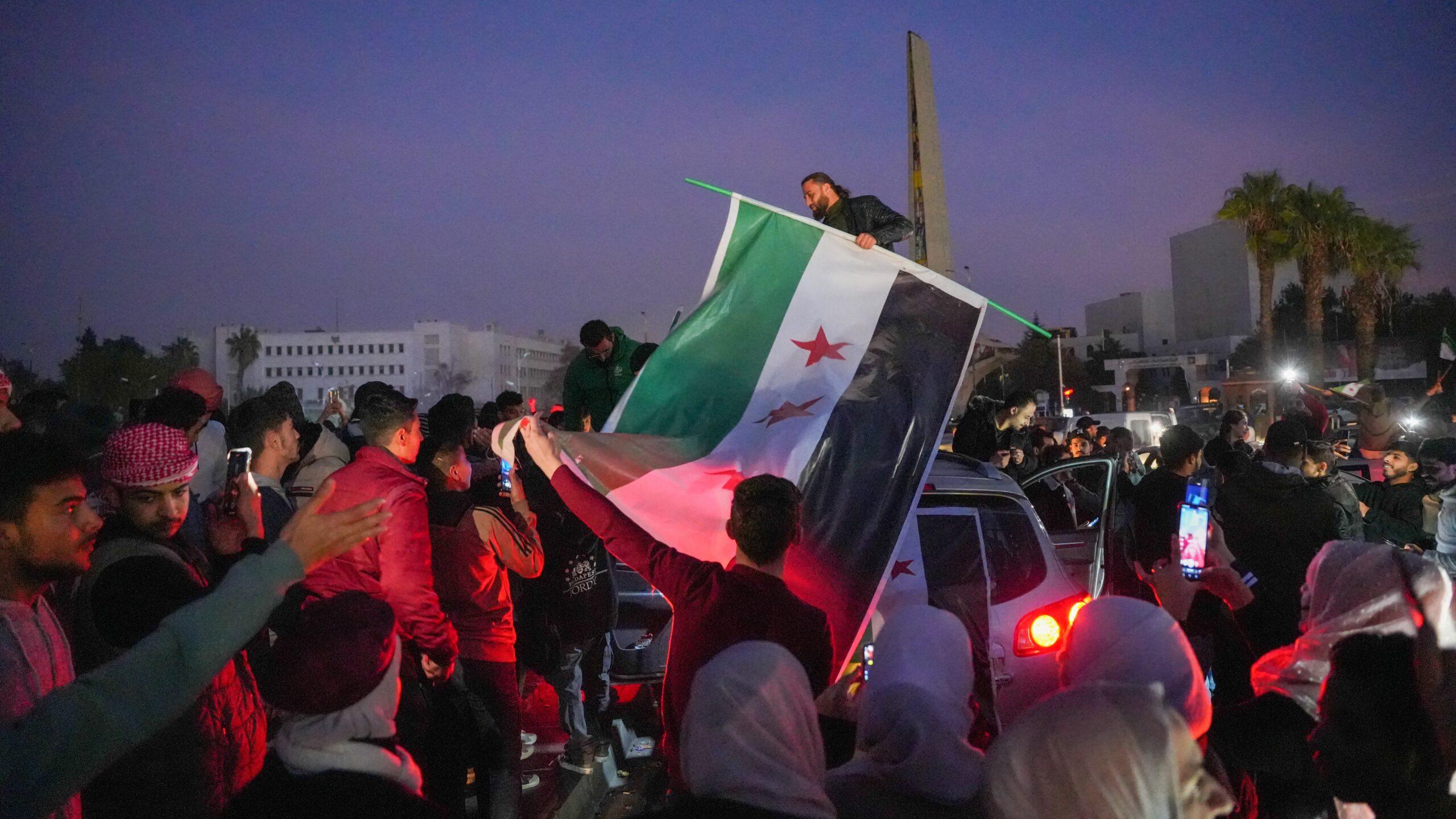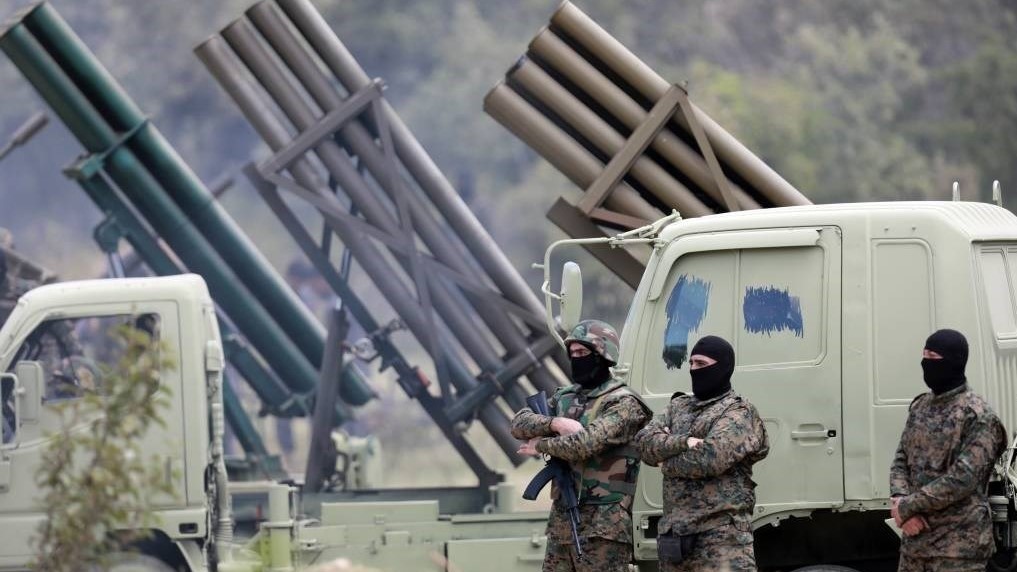
Navigating Global Shifts: Hungary’s Connectivity Strategy in the Context of Shallow Multipolarity
‘By maintaining a flexible and multi-vector foreign policy, Hungary can remain a keystone state, mediating between various global powers while safeguarding its economic and strategic interests against the uncertainties of a shifting global order.’










